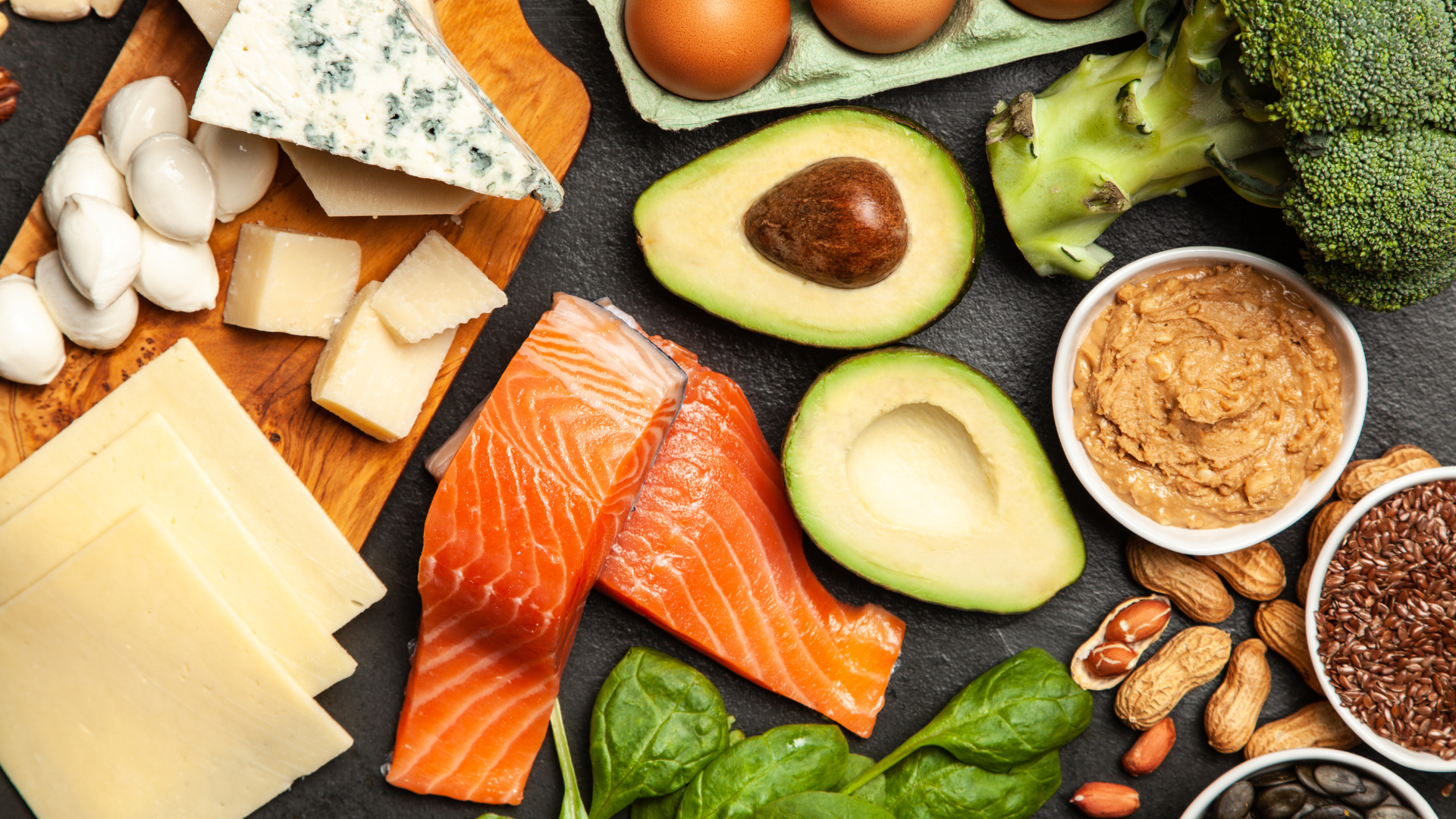
05 Jul Is the Keto Diet the Best Option for Weight Loss?
Losing weight can be a challenging goal, especially when combined with a busy schedule, a high-stress environment, and other medical conditions.
Several types of diets promote weight loss, including the keto diet.
What is the Keto Diet?
The Keto diet or ketogenic diet focuses on cutting back carbohydrates in their meals. The diet mostly consists of high-fat content, moderate protein sources, and is usually low in carbohydrates.
Aside from promoting weight loss, the keto diet is also touted to lower insulin levels.
The idea of the keto diet is to transition from a body that burns carbohydrates to fuel into a body that relies on fats for energy.
With a keto diet, you are not allowed to eat most carbs, even those that are high in fiber and whole grains.
If you are eyeing to try the keto diet for your weight loss goals, here are some of the keto diet staple foods you should be stocking your pantry with:
- Meat
- Nuts
- Heavy cream
- Eggs
- Oils
- Fish
- Avocados
- Seeds
- Low-carb vegetables.
However, you should avoid:
- Rice and grains
- Cereal
- Beans and potatoes
- Fruits
- Milk
- High-carb vegetables
Keto Diet Benefits
Aside from weight loss, the keto diet is also believed to reduce acne. A high carbohydrate diet with processed foods can negatively affect one’s skin health.
A 2024 study noted that a very low-calorie ketogenic diet can be a possible therapeutic tool for people with moderate acne.
It concluded that a very low-calorie ketogenic diet can be used in the clinical management of acne disease.
Meanwhile, a keto diet is also believed to promote brain health. In addition, the diet can also be helpful in migraines.
Are There Risks with the Keto Diet?
Keto diet can have long-term adverse effects. You might experience these side effects:
- High cholesterol levels
- Kidney stones
- Constipation
If you decide to switch to a keto diet, here are some things you can do to slowly adapt to the diet:
- Stay hydrated
- Have more salt
- Supplement your diet with magnesium and potassium
- Avoid heavy exercises for 1 week
Before starting any diet, it is best to consult your doctor, especially if you have a preexisting medical condition. They can provide advice and diet plans that fit your specific needs.
In addition, always remember that what might work for one person will not always be a perfect recommendation to another.
Get the proper wellness and lifestyle consultation. iCare Persona has benefits that cover consultation and advice on diet, exercise, and other preventive services.
Learn more about iCare Persona here https://icare.com.ph/products/individual-comprehensive/
SOURCE:
https://www.healthline.com/nutrition/low-carb-ketogenic-diet-brain#diet-tips
https://www.medicalnewstoday.com/articles/319196#risks-and-complications
https://www.healthline.com/nutrition/ketogenic-diet-and-weight-loss#Take-home-message
https://translational-medicine.biomedcentral.com/articles/10.1186/s12967-024-05119-5



